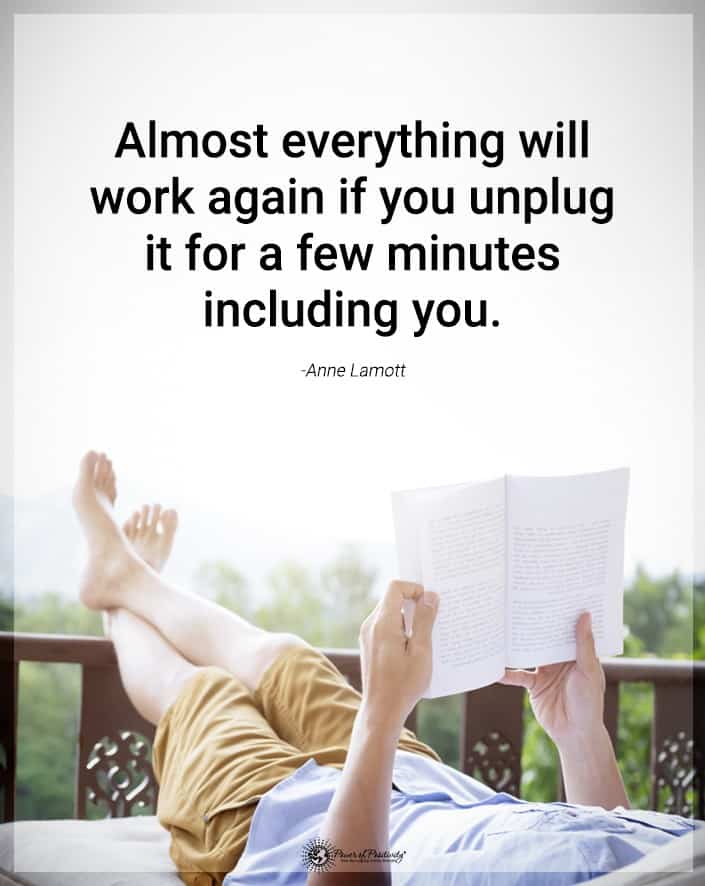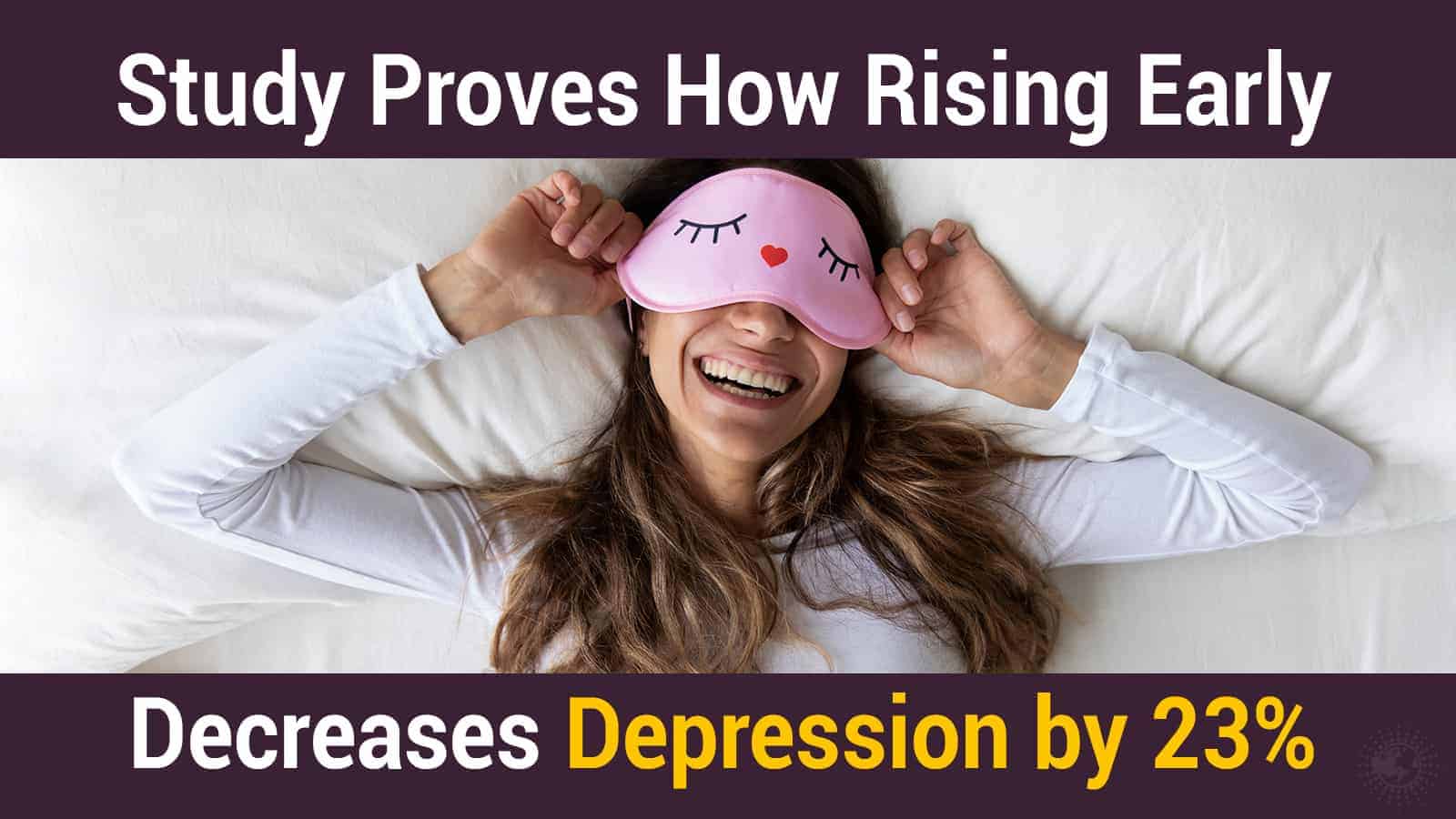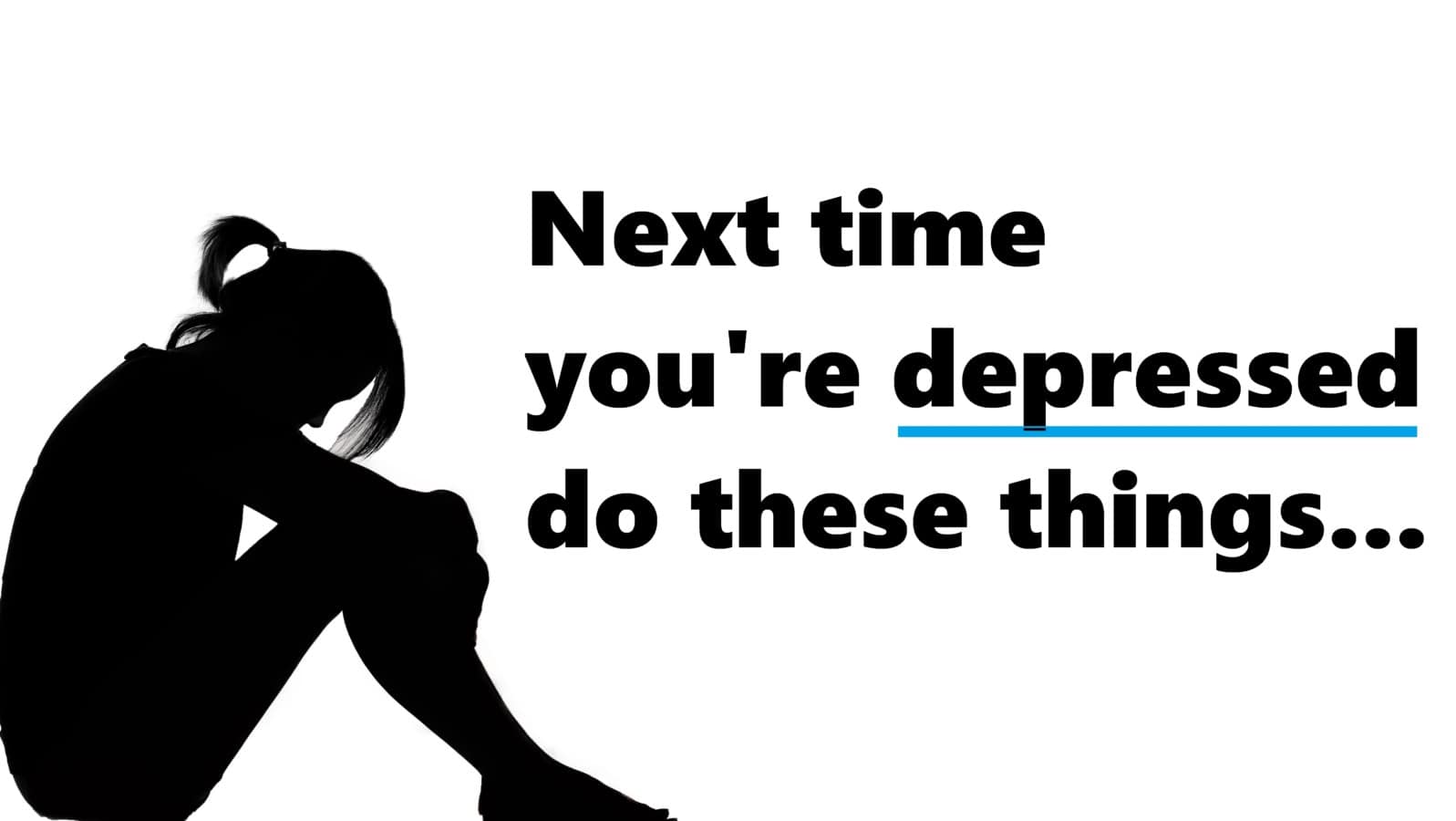If you struggle to manage your depression symptoms, the feelings you have are not your fault. In many cases, the issue is not with the diagnosis–it’s with the treatment. So together, we will look at the primary causes of this mental illness and also review some self-care strategies shared by others who successfully manage their symptoms.
But first, you should also know that you are not alone in feeling depressed. In fact, the World Health Organization (WHO) advises that over 264 million people around the globe also battle this silent illness.
What Causes Depression?
An article published by Harvard Medical School explains that many factors can underly depression. At its core is a chemical imbalance. But the tricky part is determining which chemicals could be too high or too low.
Additionally, many other things can cause depression, including these, according to the same Harvard article:
- Medical conditions that negatively impact the brain: Heart disease, stroke, cancer, lupus, and nutritional deficiencies may cause you to feel depressed.
- Stressful events: Physical or emotional threats cause your fight-or-flight response to kick in, spiking your cortisol levels.
- Emotional trauma: Early loss of a parent, sexual abuse, childhood trauma
- Genetics: Your genes are the blueprint to your body, passed down to you by your parents. You might be more vulnerable to some mental illnesses if a parent also has one.
These make it difficult for doctors to pinpoint the exact cause of those chemical or hormonal fluctuations. They also note that the wide array of underlying causes means that treatment looks very different for every patient they treat.
Sometimes, constructing a treatment plan that works specifically for you boils down to finding what makes you feel better.
 Five Ways to Treat Your Depression Symptoms
Five Ways to Treat Your Depression Symptoms
Is there a better way to overcome those “lows” that you feel from day to day? Here are the tips that Quora members share when they need to boost their moods. Please note: These are anecdotal accounts by online forum users. You should always check with a doctor for a diagnosis before treating yourself.
1. Dance
That’s right. Shake a leg. Boogie. Do the twist. You get the idea. Here’s what one young man had to say about how dancing helped him:
“If ever in the life you danced like a drunk, you will come to know that dance is the best mental exercise.” And this young man may be onto something.
An article published in Psych Central confirms that dance can be an excellent tool for managing those familiar, uncomfortable symptoms. The paper notes that dancing might help boost both of the following chemical reactions in your body:
- Endorphins, which increase feelings of pleasure and help you manage stress.
- Dopamine, which sends messages to the “reward center” of your brain.
The author, Abigail Keyes, M.A., explains why dancing can help you feel happier:
“Aerobic exercise elevates levels of both dopamine (the neurotransmitter associated with pleasure and reward) and euphoria-inducing endorphins.”
The author notes that as you master those new moves, you will also feel optimistic about the strides you make. The feeling of pride in mastery of technique also helps to stimulate dopamine. Thus, you will feel encouraged to continue.
2. Do a workout
Once again, a Quora user has great insight into overcoming depressed feelings:
“Workout (is) the best way to release anger. The more angry you are, (the greater) will be your workout. And once you are done with you workout your anger will be gone and you will be more relaxed. If you talk about depression, it will motivate (you) to (go) workout.”
Like dance, aerobic exercise benefits the brain in several ways.
First, exercise stimulates the heart, which in turn releases more blood. Blood flow is an important element of cognitive health because it delivers oxygen to your brain cells.
Second, exercise releases endorphins which are potent anti-stress hormones. Third, exercise (especially of the aerobic variety) enhances neurogenesis – or the growth of new brain cells.
Dr. Michel Craig Miller, an assistant professor of psychiatry at Harvard Medical School, agrees! In a 2021 article, he says:
“For some people, it [exercise] works as well as antidepressants, although exercise alone isn’t enough for someone with severe depression.”
 3. Travel
3. Travel
Travel can be a bit difficult due to time constraints. One way around this limitation is to rethink what it is to “travel.” We needn’t take a flight to somewhere, book an expensive hotel, or arrange transport. Simply getting away from it all is good enough.
“The other way to get rid of (depression) is to travel alone. Plan a trip to any hill station ( a town in the low mountains of the Indian subcontinent) … When you come back from the trip you will find your mind healthy.”
You probably don’t live in India as this young man does, but you get the idea. There’s a beautiful and peaceful place not too far from you. Will you go?
Researchers find that travel, in and of itself, does not impact depression, specifically. However, an assistant professor of psychology at New York University’s Department of Psychology says that exploring new environments studied how new activities help to stimulate the brain. She concluded the following:
“Our results suggest that people feel happier when they have more variety in their daily routines—when they go to novel places and have a wider array of experiences.”
And an abstract published in Nature notes that “daily variability in physical location was associated with increased positive affect in humans.”
These sound promising. So if traveling to a new place helps uplift you, then you could at least give it a try.
4. Lifestyle Changes
A former competitive runner offers these tips on Quora:
- “Vitamin therapy in which large doses of vitamin B is ingested regularly under the supervision of a doctor.”
- “Fairly vigorous exercise has been shown to release the same neurotransmitters as antidepressant medications.”
- “Reducing sugar intake and eating less processed foods including gluten.”
- “Meditation and deep breathing exercises.”
Finally, this Quora user shared another piece of valuable advice:
“Claims of depression cures are often used to see products that may be useless or only work for those who believe (because) a television personality or celebrity doctor says so.”
Remember earlier how we advised you to check with your physician before you treat your symptoms? The same advice goes for listening to influencers or on-air personalities. Your family doctor knows your medical needs best and will serve as your best resource.
5. Ask Yourself: What makes YOU feel happy again?
Once again, please understand that depression is a neurochemical imbalance that requires patience, diligence, and possibly medical intervention to overcome.
It’s a tough illness to deal with at times, and many people do so in their own way.
But perhaps happiness can be found in some other places, as well.
The warm-hearted answer from the same young man mentioned prior deserves some page space! Here are, once again, some of his suggestions:
- “Find a room alone and a mirror. Stand in the of the mirror, (stick) your tongue out and start jumping. Your mood will be light soon.”
- “The other way (is) to hangout with (friends). These are the ways that will help you with the depression.”
Gotta love the enthusiasm! And if you cracked a smile reading his answer, we’re heading in the right direction. But his light-hearted comments appear to be on the right track. Science does concur that laughter is, indeed, a good medicine because it boosts serotonin, norepinephrine, and dopamine.
 Final Thoughts on Learning to Manage Your Depression
Final Thoughts on Learning to Manage Your Depression
Managing the symptoms of depression can be an ongoing, lifelong challenge for some people. No two people experience this mental illness in the same way, so crafting a self-care plan to treat those symptoms takes effort. You will learn through trying these strategies which work best for you!
Finally, remember that your primary care doctor is your partner in your health. Check in for their professional advice before you start self-treatment to ensure the correct diagnosis. You got this!


















